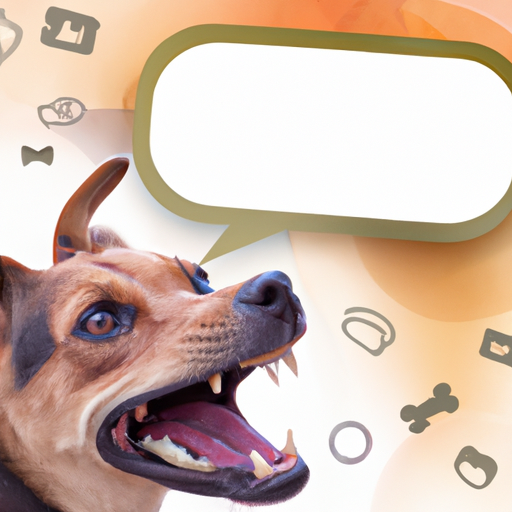Understanding Your Pet’s Behavior
As a caregiver, you’re probably used to your dog’s various sounds and behaviors. You understand their different barks, whines, and tail wags. But when your furry friend starts growling during playtime, it can leave you feeling a bit puzzled.
Dogs use a variety of sounds to communicate, and growling is one of them. It might be surprising, but growling during play is usually a good thing. It’s a way for dogs to express happiness, excitement, and engagement.
However, it’s also crucial to recognize when play growling might be signaling something more concerning.
Deciphering Play Growl from Aggressive Growl
Knowing the difference between a playful growl and an aggressive one is crucial for your pet’s well-being. Here’s how you can tell the two apart:
-
Body Language: A playfully growling dog’s body will be loose and relaxed. Their tail will probably be wagging, and their ears will be in a natural position. An aggressively growling dog, on the other hand, will have a stiff body, erect ears, and a still tail.
-
Sound: Play growls are usually higher pitched and shorter than aggressive growls.
-
Context: If your dog is playing with a toy or another pet and growling, it’s probably a play growl. If the growl happens during a tense situation, it might be aggression.
The Role of Breeds and Individual Temperaments
Different breeds have different play styles, which can affect how much they growl when they play. For example, terriers are known for their vocal play style, while retrievers may be quieter.
Your dog’s individual temperament also plays a significant role. Some dogs are simply more vocal than others, regardless of their breed.
Training Tips for Managing Play Growling
If your dog’s play growling is causing concern, here are a few training tips:
-
Positive reinforcement: Reward your dog when they play without growling. This could be with a treat, a favorite toy, or praise.
-
Teach quiet commands: Use a command, like “quiet,” to help control their noise level.
-
Consult with a professional: If the growling becomes aggressive or uncontrollable, consider consulting with a professional dog trainer or behaviorist.
Frequently Asked Questions
Q: Is growling always a sign of aggression in dogs?
A: No, dogs can growl for many reasons, including excitement, fear, or playfulness.
Q: Should I punish my dog for growling during play?
A: It’s generally not recommended to punish a dog for growling during play, as it’s a normal part of their communication.
Q: When should I be concerned about my dog’s growling?
A: If your dog’s body language becomes rigid, their growl deepens or becomes continuous, or if they’re growling in a tense situation, it might be a sign of aggression. In such cases, consult a professional.
In conclusion, your dog’s growl may sound alarming, but it’s often just their way of expressing joy during play. As a caregiver, understanding and responding appropriately to your pet’s cues makes for a happy and healthy relationship.



